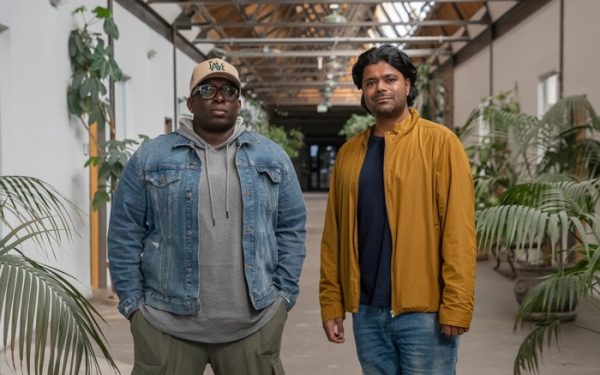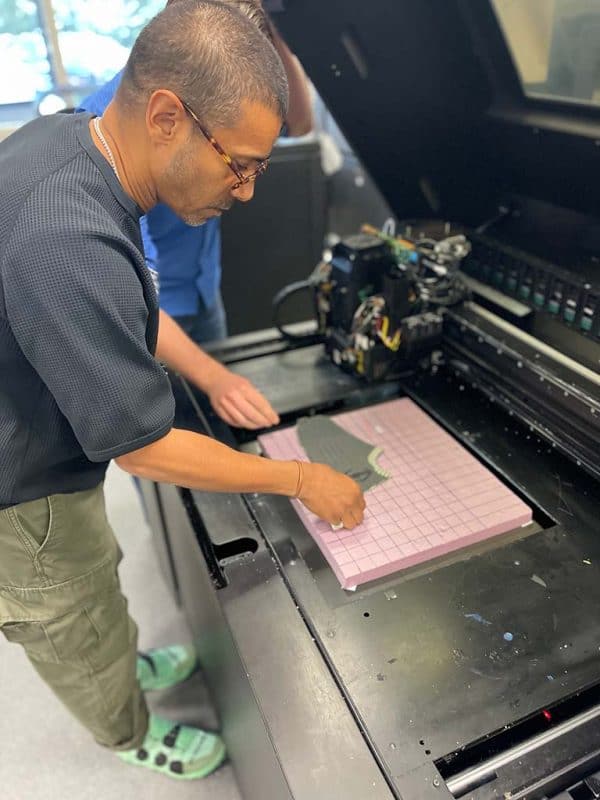Born Hakeem Seriki in 1979, Chamillionaire is an American rapper, entrepreneur, and investor. The Houston native first emerged in the early 2000s with his unique fusion of Southern hip-hop and energetic, catchy hooks. He became an influential figure in the rap scene, making a significant impact with his debut album The Sound of Revenge in 2005.
What Is Chamillionaire’s Net Worth?
The rapper’s unique talents have earned him a net worth of approximately $50 million in 2023, according to Wealthy Gorilla.
Building His Music Empire

Chamillionaire’s success didn’t come overnight. He spent years honing his craft, performing with local acts, and collaborating with fellow Texan artist Paul Wall. Their combined efforts culminated in the release of Get Ya Mind Correct, an album that garnered critical acclaim and commercial success.
However, it was Chamillionaire’s solo career that skyrocketed his fame and fortune. His hit single “Ridin’,” featuring Krayzie Bone, topped the charts. Then, it won a Grammy Award for Best Rap Performance by a Duo or Group in 2007. This success opened the door for Chamillionaire to work with industry heavyweights like Lil Wayne, Snoop Dogg, and Ludacris.
Chamillionaire: Venturing Into Entrepreneurship

Chamillionaire’s net worth of $50 million is not only a result of his musical prowess but also his business acumen. In addition to his music career, he has dabbled in various entrepreneurial ventures. These efforts include founding his record label, Chamillitary Entertainment, and investing in technology startups.
In 2009, Chamillionaire co-founded the now-defunct Fly Rydes, a custom car accessory shop in Houston. Although this venture did not last, his interest in entrepreneurship continued to grow, leading him to explore opportunities in the tech industry.
Investing In The Tech World

Chamillionaire has a keen eye for identifying promising tech startups and investing in their growth. In 2015, he joined the prestigious Upfront Ventures, a Los Angeles-based venture capital firm, as an Entrepreneur-in-Residence. This role allowed him to scout for potential investments and advise companies in the firm’s portfolio.
Some of his notable investments include the ride-sharing giant Lyft, and the revolutionary smart doorbell company, Ring (acquired by Amazon for over $1 billion). These successful investments have contributed significantly to Chamillionaire’s net worth.
Chamillionaire’s Philanthropy

Not one to forget his roots, Chamillionaire remains committed to giving back to his community. He frequently uses his platform to raise awareness and funds for various charitable causes. For example, he raised awareness for disaster relief efforts in the wake of Hurricane Harvey and supported organizations that promote education, empowerment, and social justice.
Conclusion/TLDR
With a net worth of $50 million in 2023, Chamillionaire stands as a testament to the power of hard work, dedication, and diversified business interests. From dominating the music charts to making strategic investments in the tech industry, Chamillionaire has built an empire that continues to thrive. As he remains active in both the music and business worlds, it’s clear that his net worth will only continue to grow in the years to come.








